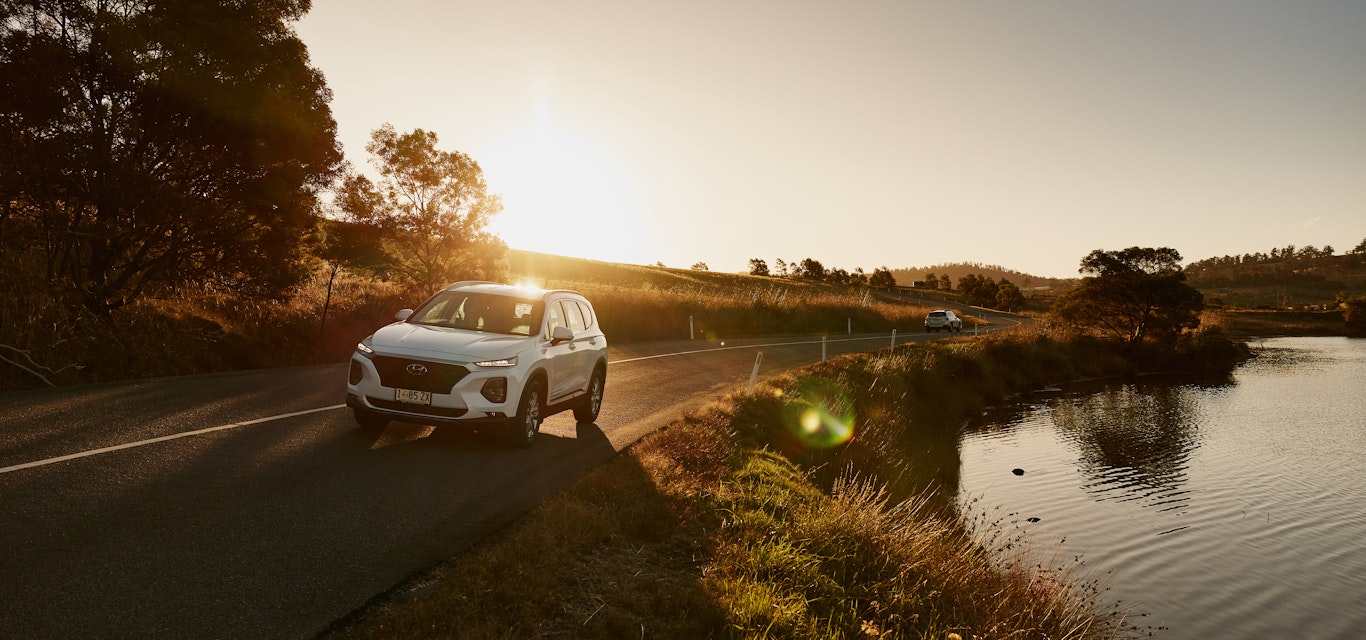The push for centralised road safety data reporting
Every year in Tasmania, an average of 35 people die on our roads. Mel Percival, RACT GM Advocacy & Government Relations, looks at the story behind these numbers.
How can we better understand the causes and consequences of these incidents, not just for the individuals involved, but for our community as a whole?
The simple point is, we’re not armed with enough information to get to the heart of the challenge in turning Tasmania around from having the worst road safety record of any state.
As the leading voice for road safety in Tasmania, RACT believes the first step in addressing our road trauma is understanding the problem, and a significant part of the answer to these questions lies in better data collection and analysis.
While there‘s already a plethora of information about road crashes, it is inconsistent, fragmented and spread across several different state and local government authorities, making it difficult to form a clear, comprehensive understanding.
Even with complex crash investigations and coronial inquiries, we often find ourselves waiting for a clear picture.
Both state and federal governments have recognised the need for improved data for informed decision-making: a commitment that Tasmania has signed up to.
Currently, the road safety data Tasmania does gather is inconsistent and fragmented. We need to urgently prioritise and allocate sufficient resources to improve and centralise how data is collected and analysed.
RACT is pushing for the establishment of a centralised road safety reporting hub to collect detailed data and ensure areas such as such as police, ambulance, hospitals, roads authorities, the Justice Department, the Motor Accident Insurance Board, and local government and other relevant authorities report consistently to this central point.
This isn’t a new idea though. We measure many other essential areas to identify issues; in fact, we allocate funding and track and report outcomes for health and education. We even do it at home to ensure what we’re spending our household budgets on delivers on what we need most.
We believe centralised road safety reporting will result in better information to guide investment and actions to improve the safety outcomes on our roads.
Without our political leaders understanding the full picture, how can we expect them to get anywhere close to addressing the crises occurring on our roads.
Three reasons for advocating for centralised data reporting
A budget allocation to the Department of State Growth to establish data gathering and reporting would:
• pinpoint road safety issues and their root causes
• measure the impact of any changes and share and replicate successful interventions
• make informed decisions regarding the allocation of infrastructure funding, ensuring your tax dollars are spent where most needed
